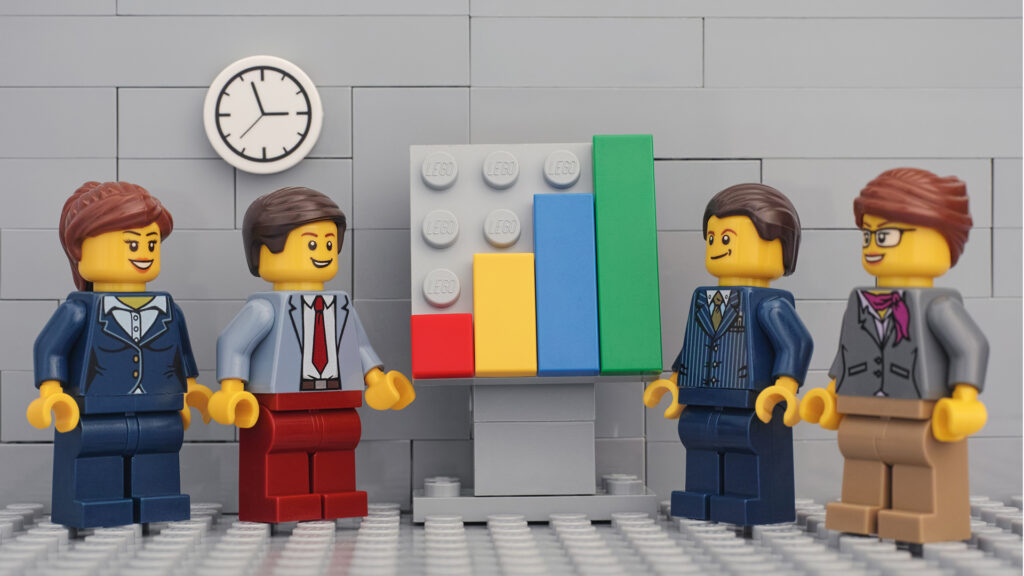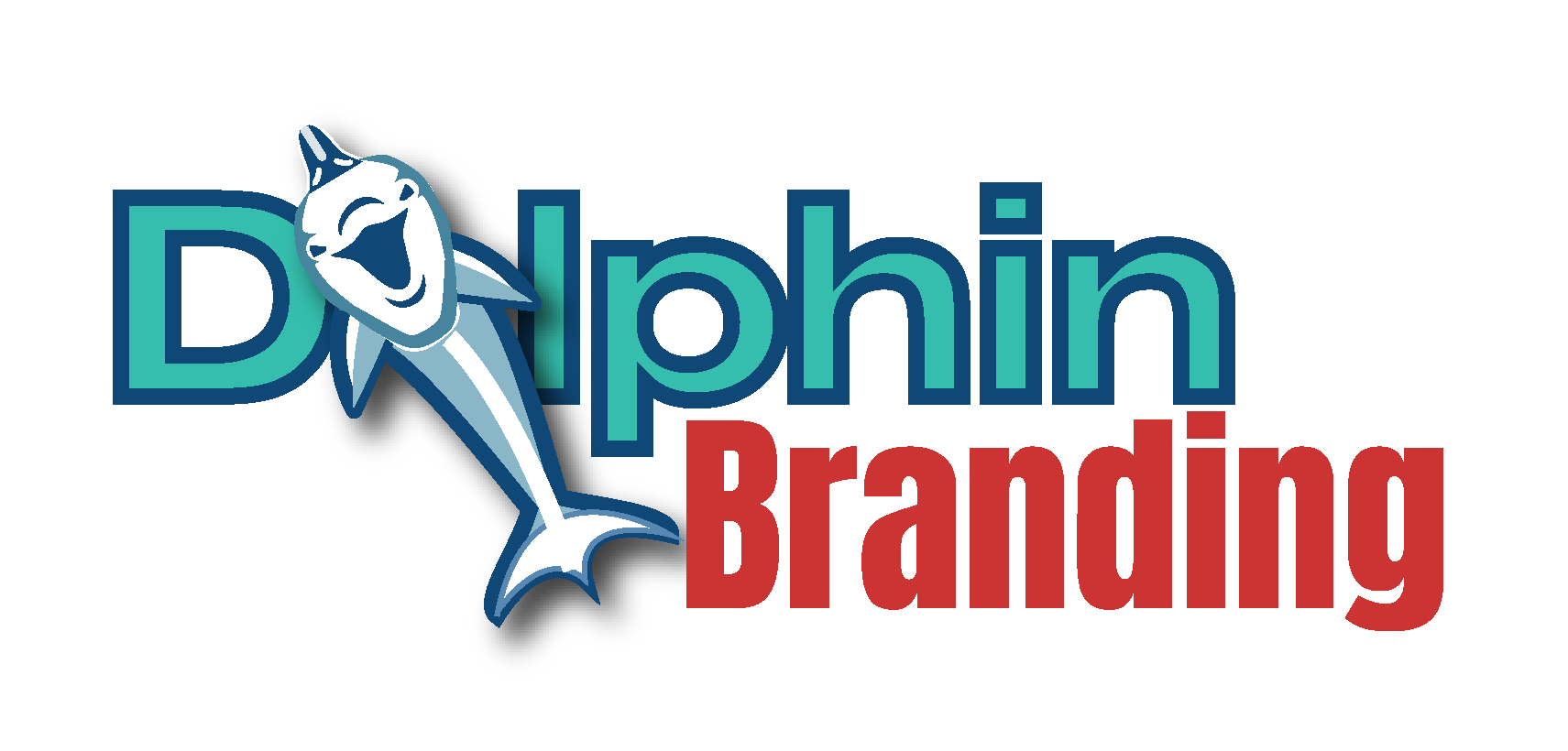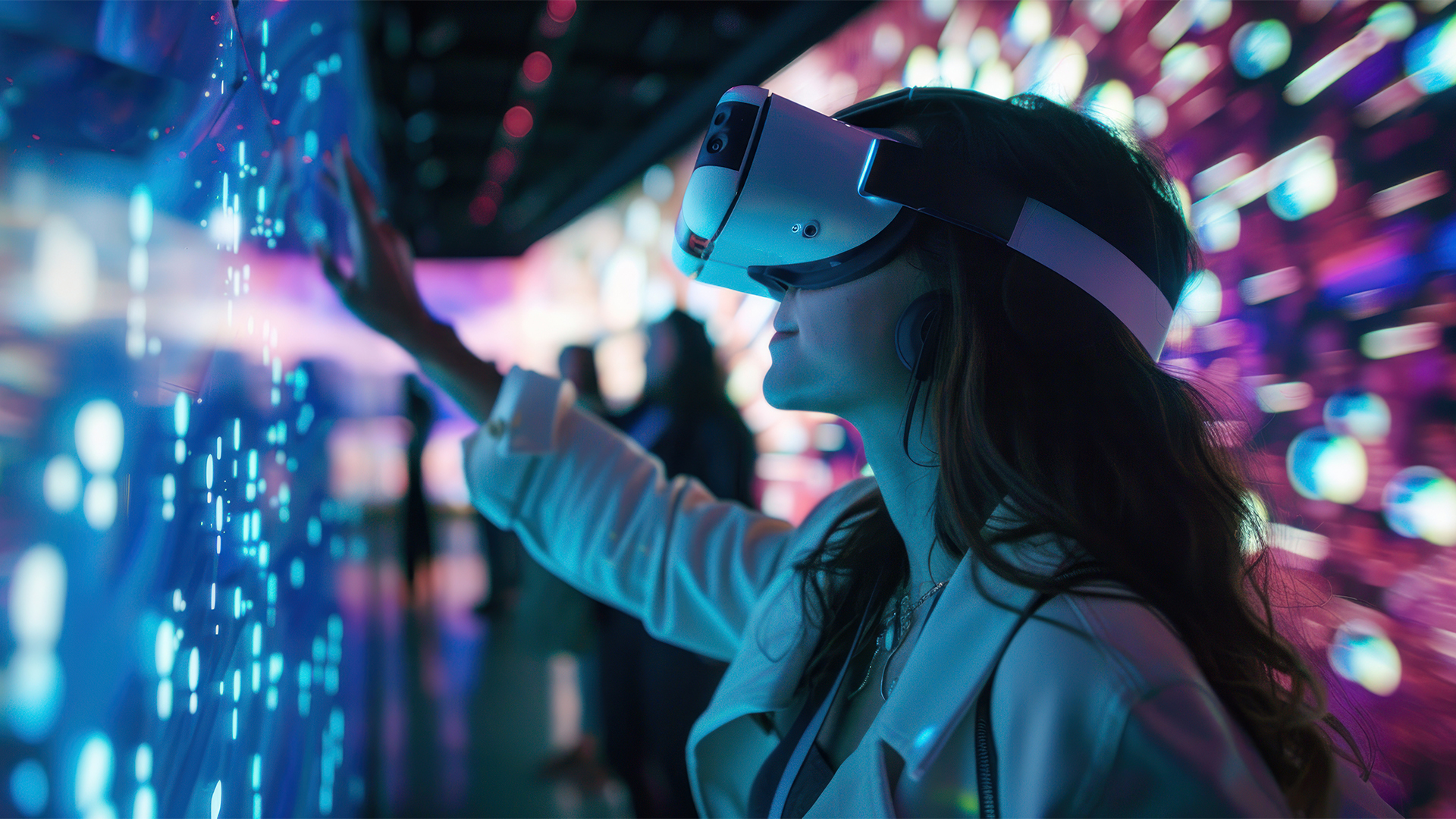Branding is transforming; yes, even right now, as you read this article.
Like any practice, branding is not immune to change. In fact, adaptability is at the core of successful branding.
So, what drives this transformation?
Well, we here at Dolphin Branding, a specialist branding agency, have some theories and predictions for the next decade of branding.
We believe that the future of branding is changing course according to technological advancements, shifting consumer values, and new cultural expectations. And we predict that in the next decade, branding will become more immersive, authentic, community-driven, and individualised.
But how did we reach these predictions? By meticulously researching emerging trends, of course!
So, here are key trends that we believe will define the future of branding:
Hyper-Personalisation & AI-Driven Branding
As data analytics and AI evolves, brands can create hyper-personalised experiences for their consumers. Personalisation is key because consumers appreciate brands that can predict their needs. It also allows the brand to stand apart in a hyper-saturated digital marketplace. Many brands are already harnessing data analytics and AI to create personalised experiences.
For instance, Spotify recently introduced ‘Daylists’. ‘Daylists are personalised playlists made by Spotify using AI that recommend songs based on the artists, moods, and genres you usually listen to at a particular time of the day.
Branding Driven by Purpose and Authenticity
Modern consumers are as concerned with aligning with brand values as they are with their products/services. They are increasingly committing to holding brands accountable for their social impact. Interestingly, a 2021 study by Simon-Kutcher & Partners revealed that around 63% of consumers have made a modest to significant shift towards being more sustainable in the past five years. Therefore, the future of branding is purpose-driven and lies in authenticity.
The Ordinary is a brand that has successfully applied authenticity to gain a cult following. By embracing radical transparency in its ingredient lists and pricing, they have won consumer trust, converting them from buyers into loyal customers.
Decentralisation & Community-Led Branding
A noticeable trend in branding is decentralised and community-led branding. More and more companies are experimenting with decentralised decision-making and ownership models.
For instance, Lego has launched a portal called “Lego Ideas” where customers themselves can pitch ideas for new Lego Models.

Immersive & Experiential Branding (AR, VR)
Brands are blurring the lines between reality and virtual reality by creating digital experiences to engage consumers.
For example, Gucci launched a virtual store on Roblox.
Sonic and Sensory Branding
Contrary to popular beliefs that visual identity is tantamount to brand identity, brands are now engaging other human senses in their branding. With the rise of voice assistants and smart speakers, sound branding is increasingly gaining importance.
Netflix’s now iconic ‘Tudum’ sound is a good example of sonic branding. In fact, Netflix has even created online events named after the sound.
AI-Generated & Automated Content
Brands are using AI to scale their content while maintaining authenticity and consistency as the program evolves and grows in popularity.
For instance, The Washington Post is experimenting with AI and AI tools. Their ‘Ask the Post AI’ is a tool that summarises, and answers questions you may have based on their published reporting.
Neuro-Marketing and Emotional Branding
Brands are increasingly leveraging neuroscience to forge deeper connections with their audience. After all, developing emotional connections is key when converting buyers to loyal customers.
For instance, Nike’s ‘Just Do It’ campaign taps into people’s ambitions and motivations, whereas Apple’s minimalistic design lends an air of elegance and exclusivity.
Anti-Branding Movement
A surprising trend in the opposite direction is anti-branding. To minimise digital clutter, brands are stepping back from branding and relying solely on word-of-mouth advertising or letting their products do the talking.
For instance, Bottega Veneta famously deleted all their social media accounts in 2021.
AI-Powered Influencers & Virtual Humans
The influencer industry is evolving with AI-generated personalities. It’s projected that AI-generated influencers will coexist with human influencers.
For instance, Noonoouri, a virtual influencer, has promoted luxury brands such as LVMH, Dior, Skims, Thierry Mugler, Marc Jacobs and Hugo Boss.
The future of branding is seemingly tech-driven, purpose-led and community-driven. But it would be callous to claim that we, Dolphin Branding, can accurately predict the future of branding. What we can promise, as a specialist branding agency, is being on top of all the new emerging trends in branding- so that our branding solutions for you are fresh, up-to-date and aligned to industry standards.



Comments are closed